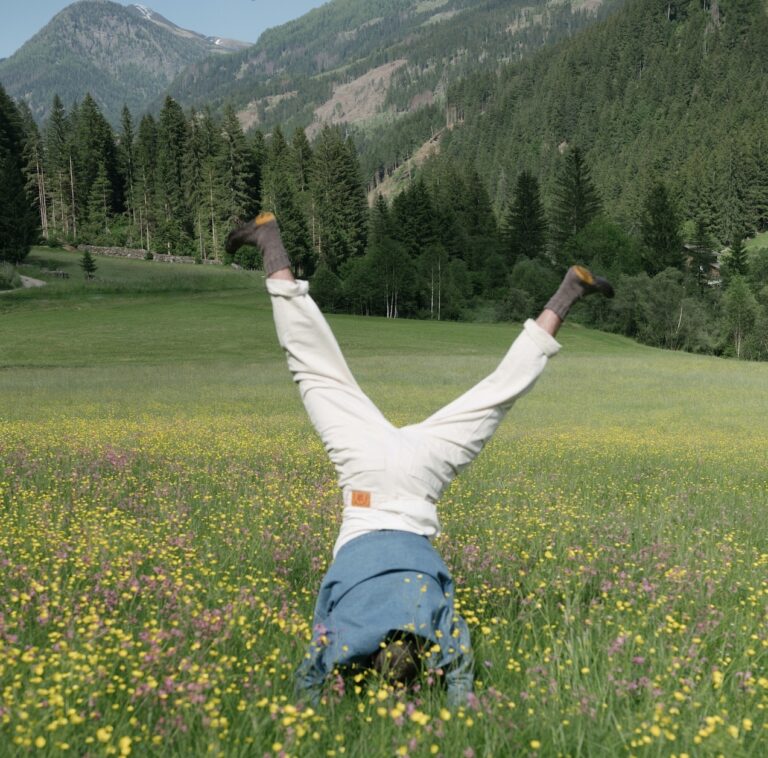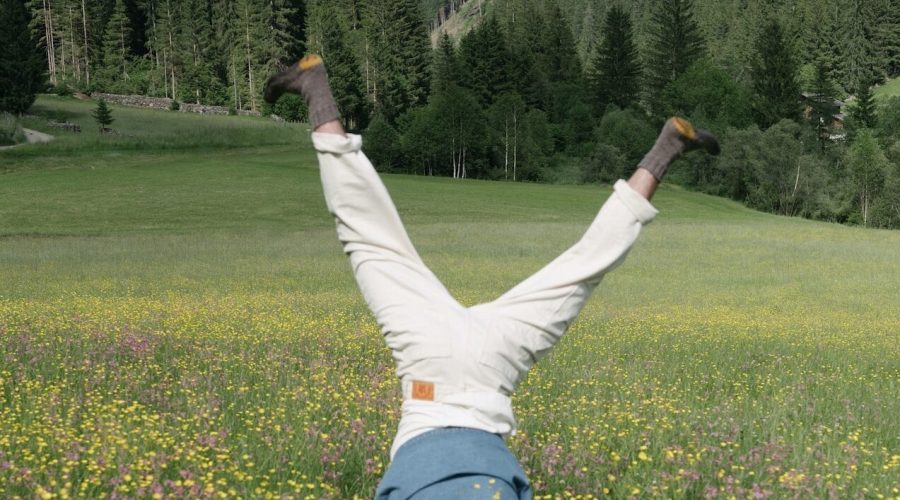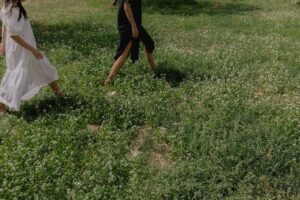Grounding can be explored as a process of connecting to yourself. This is done by slowing down, being present, creating safety, being steady in your thoughts and being connected with your body. It has a descending energy to it, and is associated with having a connection with the earth. The benefits of feeling truly grounded are bountiful: feeling a sense of calm, feeling safe, ease of physical tension, healthy digestion, feeling mentally stable, & feeling connected with your body. By feeling grounded you open up space to connect deeper with others because you have intentionally anchored in a connection with yourself.
One definition of grounding the Cambridge dictionary offers is, “the act of preventing a ship from sailing or an aircraft from flying.” Of course this relates more to vessels that offer transport than to humans, but this definition offers inspiration of what being grounded can do. Feeling as though you are ungrounded can feel as though you are mentally flying, with your thoughts moving quickly. You can feel a sense of being heightened and not quite connected with your body. By staying connected with the literal ground, it enables you to keep a present connection with life.
When it comes to electricity, it is essential to have a grounding route. This route is directly connected to the earth, and it is an important pathway so that electrical shock doesn’t happen as a current is moving. You can also pull inspiration from this, as a reminder that you are also an energetic being that has currents running through you. Making sure that you maintain a connection with the earth helps you to continue flowing without sending your system into overdrive.
What does grounding mean to you?
Grounding can look different for everyone- what one person may find grounding, another may find stimulating. It is important to explore various practices that are unique to you, and that truly support you to feel grounded.
Tap into your senses to ground
Here are some ways to explore different grounding practices using our senses. See what works for you, and try incorporating it into your daily routine.
Sight
Orienting: Look around your space. See if you can find something that you find soothing to look at. Take a moment to really pause and focus on the object you are looking at. What do you like about? How does it make you feel? Can you start to slow your breath down as you really look at it? Orienting helps you to shift your focus to the present moment.
Eyes: Often your eyes will start to bulge out or hold tension when you are feeling overwhelmed or anxious. See what it would be like to relax your eyes by imaging they are softening in their sockets. Notice what it is like to push your eyes forward and what it is like to let your eyes rest back. Explore truly relaxing your eyes.
Sound
Music: If you are feeling over stimulated, see if you can find some music that feels soothing to you. Grounding music may be slower, have deeper tones, and may incorporate some earthly sounds. Explore what music makes you feel steady and in your body, and see what it would be like to really listen to it.
Silence: If you are feeling like you have been processing a lot of auditory stimulus what would it be like to find a space where you can be silent. You can explore placing your hands over your ears and taking a few deep breaths.
Humming: listening to yourself hum can be a very supportive way to allow yourself to feel connected to your body. By hearing the sound and feeling the vibration in your body it promotes a soothing effect. A powerful grounding somatic tool brought forward by Peter Levine, is to say “voo” on your exhale. To practice this take a nice long slow inhale through the nose, and on the exhale say outloud the word, “vooooooo.” This stimulates your vagus nerve, and helps you to regulate your nervous system.
Smell
Scent is such a unique preference for each person. What smells help you feel like you are connected with your body? Find smells that work best for you, and when you are feeling overwhelmed have them handy to help you ground back into your body. See what it would be like to breathe nice and slow as you are inhaling the aroma of your favorite scent. Smells like vetiver, cedarwood, sandalwood, frankenicse, lavender, are often associated with grounding.
Taste
What foods feel nourishing and grounding for you? Depending on what season you are in, and where you live it can be different for everyone. Perhaps root veggies, or meat feel grounding for you. The act of chewing and engaging the muscles of your jaw has a powerful grounding effect, so exploring things that feel chewy, and nutrient dense may be supportive.
Touch
Allow yourself to make intentional contact with your body to help you ground. Perhaps you can squeeze your arms, massage your ears, put your hands over your eyes, squeeze your feet, rub your hands down your thighs, place one hand on your heart, place one hand on your belly, press your back against a wall or chair, lay down on the ground, getting your feet directly on the earth barefoot and so forth. Explore what feels good for you.
Mind
Think of a word or a phrase that feels grounding for you, and see what it would be like to repeat it in your mind over and over again. This allows your mind to focus on one thing, instead of bouncing from thought to thought. For example, you may say, “root down,” internally on repeat until you feel as though your mind has settled. See if you can sync your breath with the word of phrase, to bridge the connection of your mind and body.
Daily Grounding Check In
What would it be like to ask your body daily what it needs to feel grounded? It may change everyday, so see what it would be like to really check in, listen and slow down. Explore all your different senses to really get into your body to help you feel connected, centered, and present. What would it be like to make your grounding practice sacred, and an act of self love?










